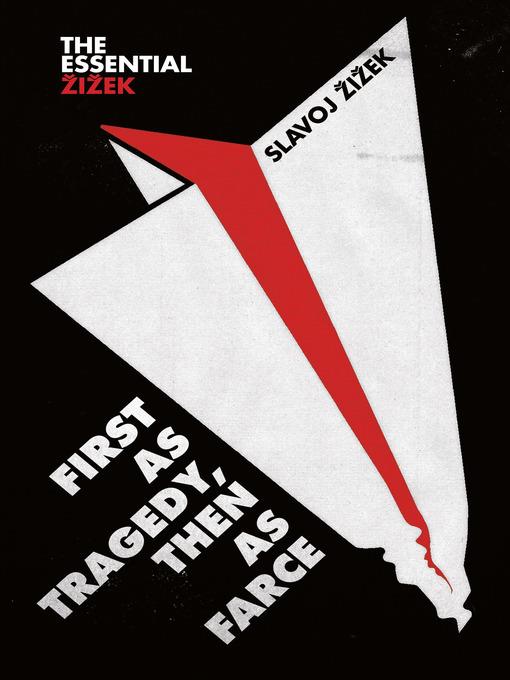
First As Tragedy, Then As Farce
کتاب های مرتبط
- اطلاعات
- نقد و بررسی
- دیدگاه کاربران
نقد و بررسی

Starred review from September 14, 2009
The charismatic and contentious Zizek (The Sublime Object of Ideology
) turns his versatile intelligence and acute ear for irony to a critique of contemporary capitalism. Given the recent financial crisis, Zizek argues that it is now “impossible to ignore the blatant irrationality of global capitalism.” He sifts through recent history to reveal how capitalist ideology functions to defend the system against any serious critique, despite its manifest flaws. He draws a sharp line between liberalism and the radical left, showing how the socialization of the banks—and socialism itself—is actually aligned with the preservation of capitalism rather than inimical to it, and derides “socially responsible” ecocapitalism as another avatar of a bankrupt system. Zizek concludes with a new articulation of “The Communist Hypothesis,” setting socialism and communism as antagonists and presenting a utopian vision that relies on breaking out of the structures and strictures of statism and the markets. An earnest and timely challenge, Zizek's critique of capitalism and repositioning of communist thought is both insightful and well-reasoned, and guaranteed to rile readers across the political and theoretical spectrum.

November 15, 2009
Slovenian-born philosopher Zizek (international director, Birkbeck Inst. for the Humanities, Univ. of London; "Violence; Welcome to the Desert of the Real") here argues that only a revolution that aims to overthrow the global capitalist system and replace it with a socialist society can save the world from a dire fate. He writes that, at present, an elite class of the superrich lives in a luxurious world with rare contact with anyone else. The poor have little prospect of improving their condition, and matters are likely to grow worse. As if this were not bad enough, genetic manipulation will be used to ensure a pliant population. What can save us? Only, Zizek writes, a revolution that unhinges all our conventional categories. His analysis of capitalism, although presented with his usual combination of paradox and panache, is based entirely on classical Marxism. VERDICT Zizek seems more expert in Lacanian psychoanalysis than in economic theory, and readers are likely to differ in their assessment of his analysis. There is no doubt, though, that Zizek is an influential thinker, and this short book offers an excellent entry into his thought.David Gordon, Bowling Green State Univ., OH
Copyright 2009 Library Journal, LLC Used with permission.

























دیدگاه کاربران